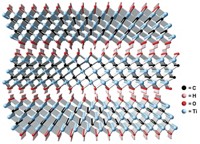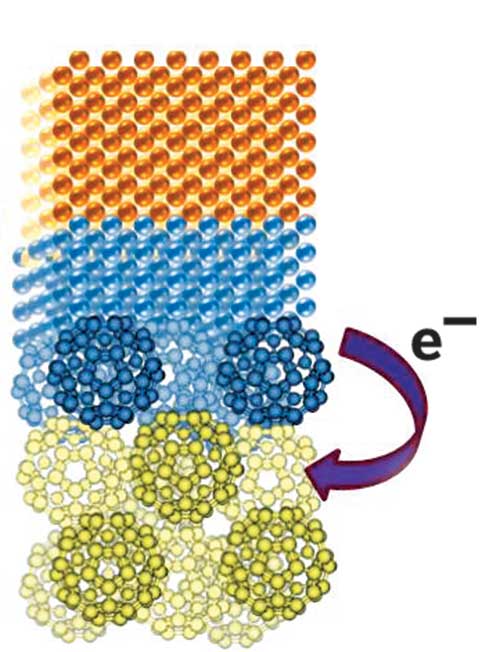Advertisement
Grab your lab coat. Let's get started
Welcome!
Welcome!
Create an account below to get 6 C&EN articles per month, receive newsletters and more - all free.
It seems this is your first time logging in online. Please enter the following information to continue.
As an ACS member you automatically get access to this site. All we need is few more details to create your reading experience.
Not you? Sign in with a different account.
Not you? Sign in with a different account.
ERROR 1
ERROR 1
ERROR 2
ERROR 2
ERROR 2
ERROR 2
ERROR 2
Password and Confirm password must match.
If you have an ACS member number, please enter it here so we can link this account to your membership. (optional)
ERROR 2
ACS values your privacy. By submitting your information, you are gaining access to C&EN and subscribing to our weekly newsletter. We use the information you provide to make your reading experience better, and we will never sell your data to third party members.
Materials
Rare-Earth Oxides Are Naturally Hydrophobic
Lanthanide ceramics could provide robust new coating materials
by Jyllian Kemsley
January 28, 2013
| A version of this story appeared in
Volume 91, Issue 4
Hydrophobic coatings find use in industries such as energy, water, transportation, construction, and medicine. But common polymer coatings degrade in response to high temperatures or abrasion. Rare-earth oxides could provide more robust coating materials because their electron configuration makes them intrinsically hydrophobic, report researchers at Massachusetts Institute of Technology (Nat. Mater., DOI: 10.1038/nmat3545). Previous work demonstrated that ceria is hydrophobic, but the property was unexplained. A team led by Gisele Azimi and Kripa K. Varanasi speculated that the full octet of electrons in lanthanides’ outer 5s and 5p orbitals would shield their unfilled 4f orbitals, leaving the metal atoms less likely to form hydrogen bonds with water. The group synthesized oxides of the entire series from cerium to lutetium, except for radioactive promethium, to test the hypothesis. They found that all of the tested oxide materials are hydrophobic. The property persists even when samples are exposed to conditions that would degrade polymer coatings. Hydrophobic rare-earth oxide coatings could be easily applied at large scales by standard ceramic processing techniques, the researchers say.





Join the conversation
Contact the reporter
Submit a Letter to the Editor for publication
Engage with us on Twitter